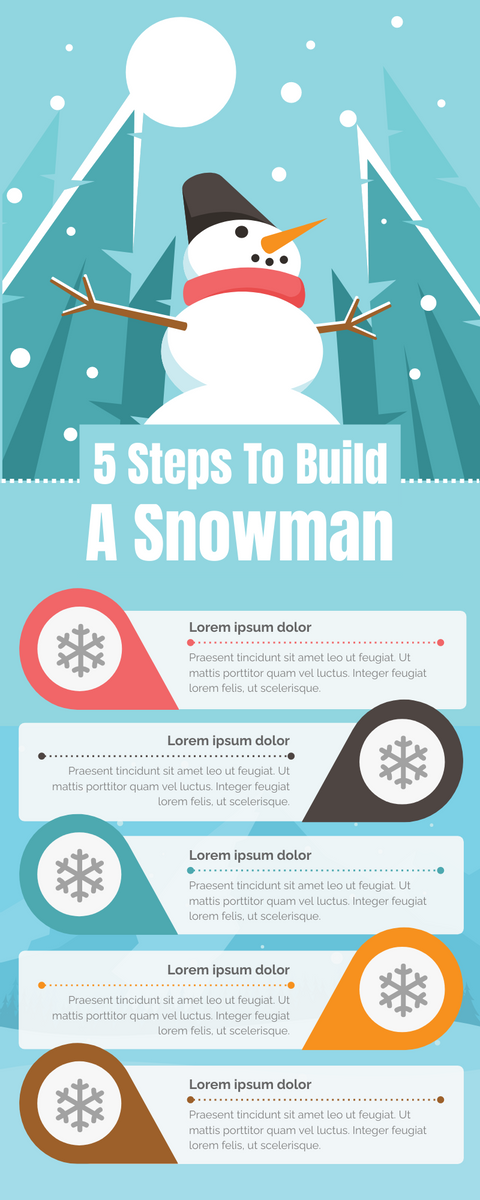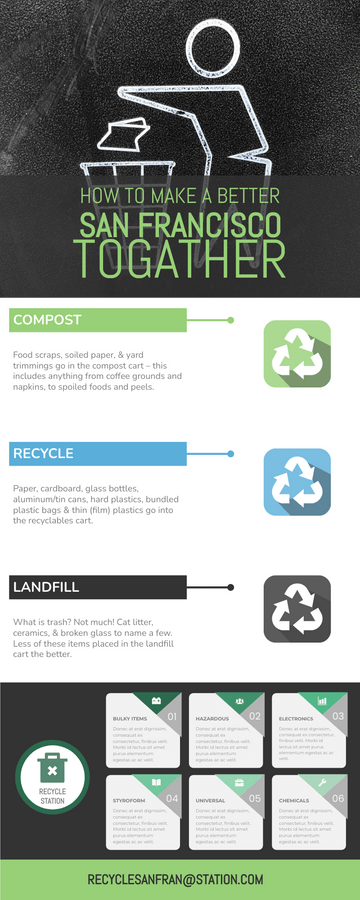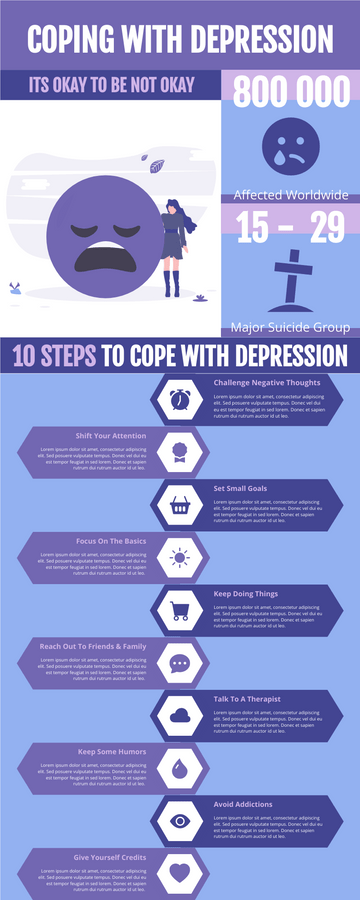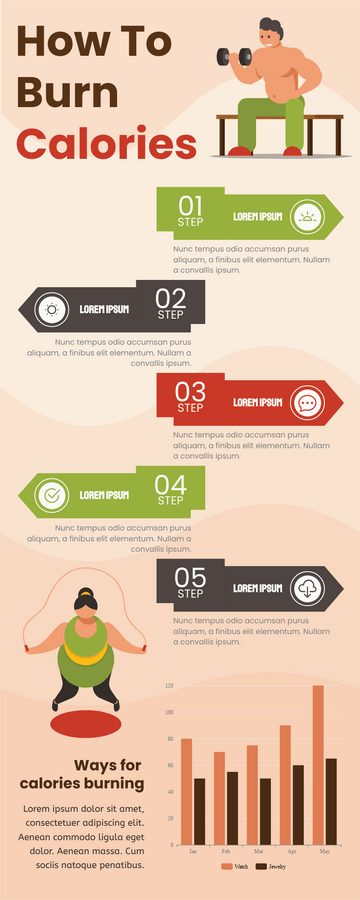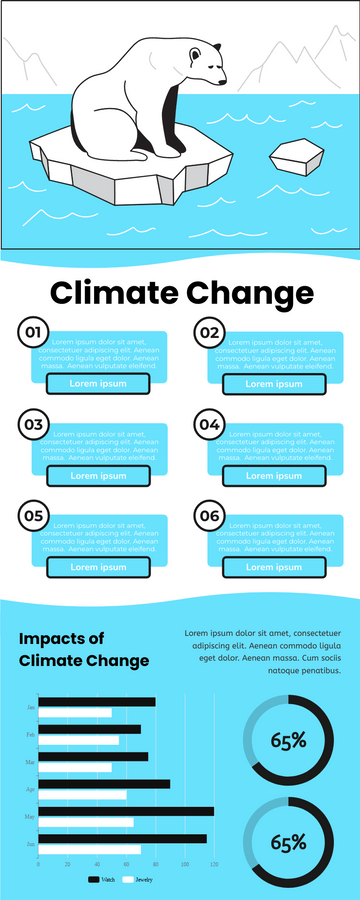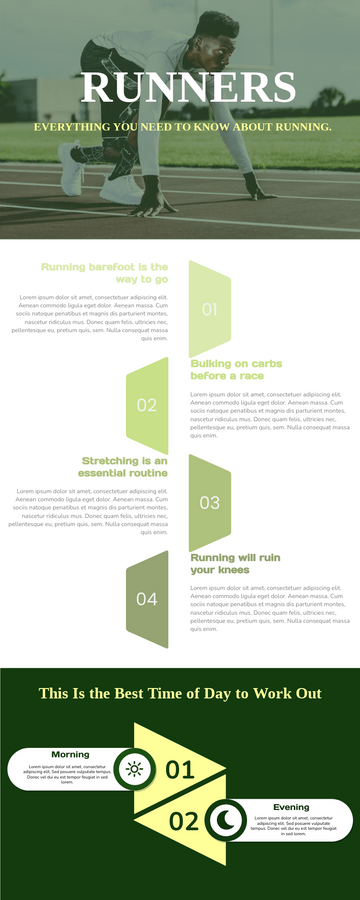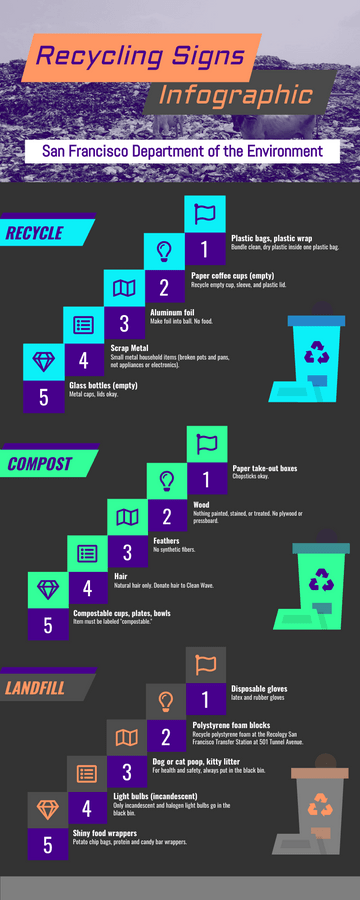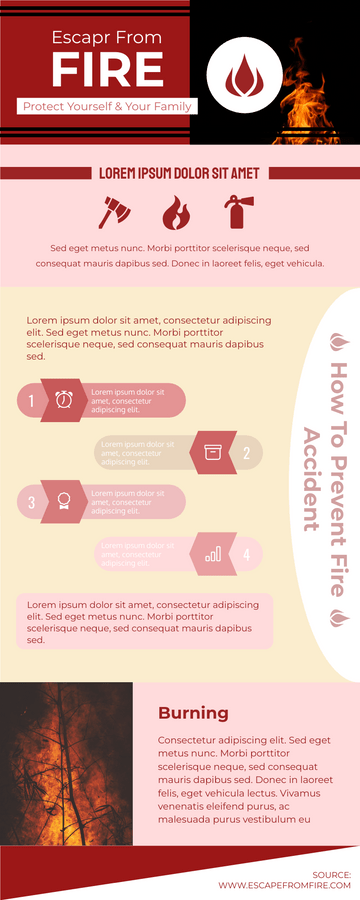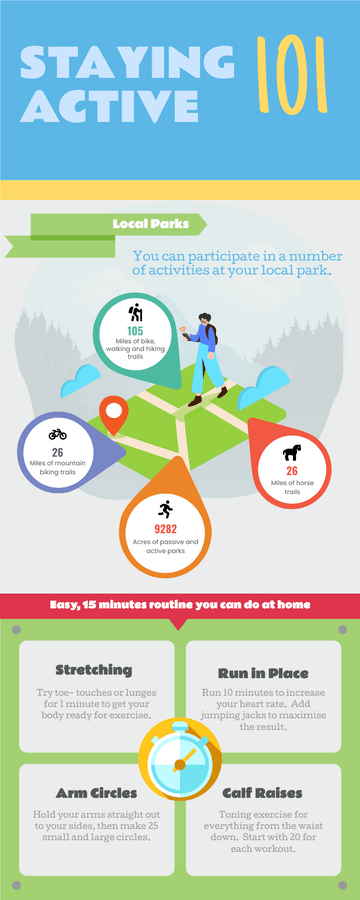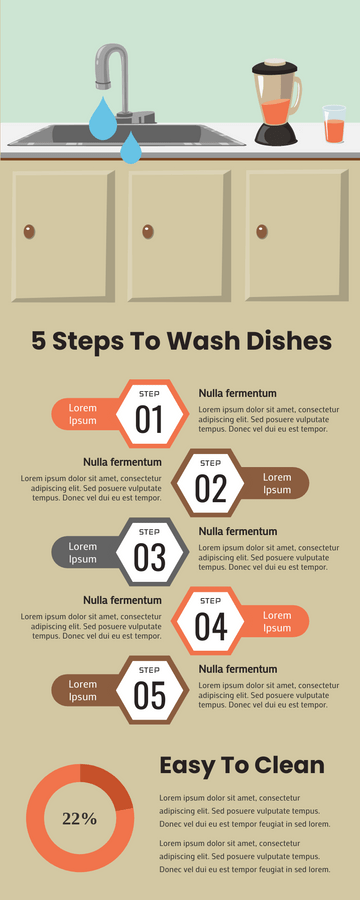5 Steps To Build A Snowman Infographic
Snow has a beautiful way of turning all of us into kids. It's easy to wish you could skip the office for a day to go hiking, skating and, of course, building a snowman. It's hard to picture a winter more reflective than a snowman.
Here are some tips to build nice snowman:
Temperation Factor: The temperature of the snow on the ground is a key factor. If the snow is too powdery, it will flow through your fingers like sand. The snowman's snow must be wrappable -- wet, not flaking -- in order to hold it together. Fresh snow with temperatures around 32 degrees Fahrenheit (0 degrees Celsius) is ideal. If your snow doesn't meet your requirements, don't be afraid, just spray it with a little water.
According to some studies, the physical properties of building snowman can be divided into five categories according to water content:
dry (water content is 0%),
moist (water content is less than 3%),
wet (water content is 3%-8%),
very wet (water content is 8%-15%) and
muddy (water content is more than 15%).
Mixtures of the second and third types are ideal for snowmen.
Structure Factor: 3-2-1 snowball ratio
Shape is another factor. It is suggested that the optimal diameter ratio of a snowball is 3:2:1 from bottom to top (i.e., if the lowest ball is 3 feet in diameter, the middle ball is 2 feet in diameter, and the top ball is 1 foot in diameter), so that the base is large enough to support the weight of the two snowballs on top.
